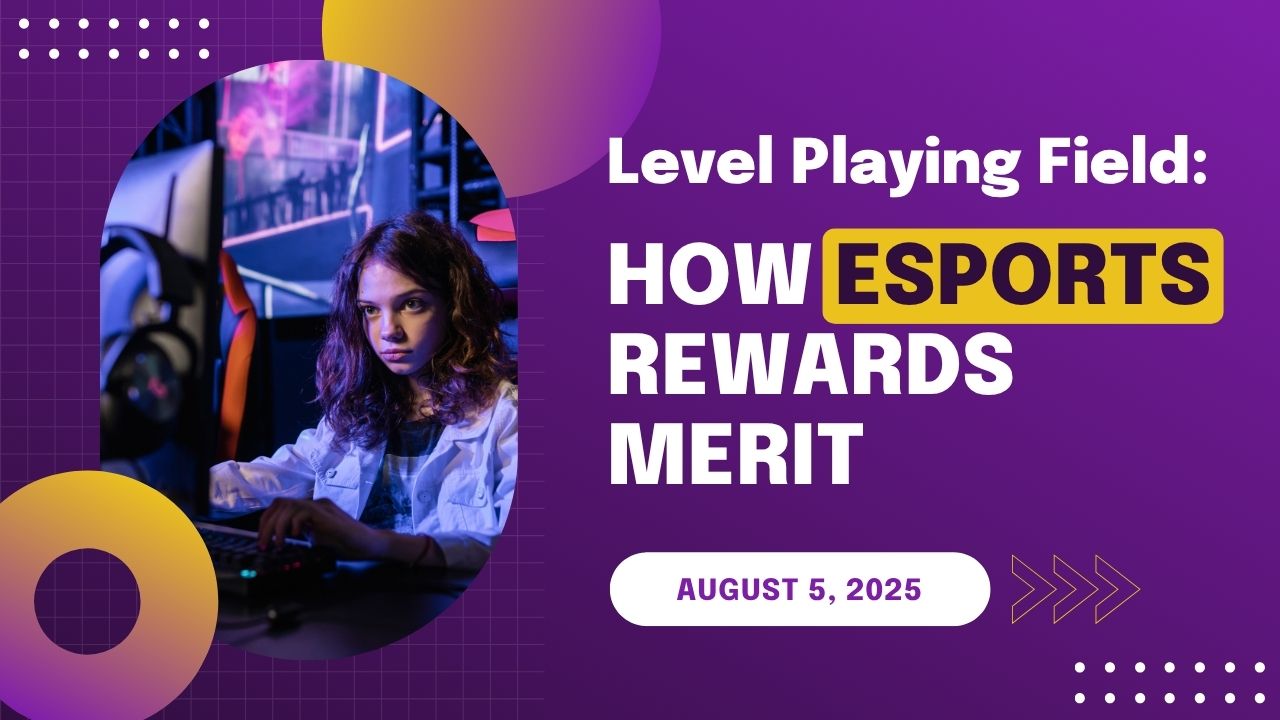Written by Alan Sitomer
I’ve been wrong about many things in life. I was wrong about selling the stock I’d bought in Amazon back in 2001, (Hey, I’d made a 28% gain… but if I would have just held I would have made a 327,468% gain), I was wrong about not asking Joelle Finley to the 8th grade dance (I thought she was out of my league and later learned she was secretly hoping for me to ask her and instead she went with Goofy Gary Gibbons and I went with Nine-Toe Nancy Bledger… it turned out to be a tragic and rueful night), and, well… let’s just say that I have a list of things where I flat out believed one thing and it turned out that the reality was entirely different.
Society has done this, too. Particularly when it comes to the misconceptions about video games. Lots of fearful parents, educators and lawmakers shot from the hip and rushed to judgment with one idea about video games (and the industry) but now that some smoke has cleared, we see how these misperceptions turned out to be quite off base.
Here are 5 misconceptions about video games and the actual reality underpinning the truth.
Misconception: Video games lead to violence.
Reality: Numerous studies have failed to establish a direct link between video game violence and real-world aggression. In fact, many games promote problem-solving and conflict resolution.
Misconception: Video games encourage social isolation.
Reality: Research shows video games actually help people connect. Of course, multiplayer and online games often involve teamwork, communication, and cooperation, fostering social interaction and relationships among players.
Misconception: Video games are a “waste of time”.
Reality: As Matthew Barr, from the University of Glasgow says, “Modern video games often require players to be adaptable and resourceful, and find multiple ways of accomplishing a task. The way games are designed often encourages critical thinking and reflective learning, commonly cited as desirable attributes in graduates.” In no uncertain terms, video games can improve cognitive skills, enhance strategic thinking, and even teach valuable life lessons. Of course, they also provide entertainment and relaxation (and what’s so wrong with that).
Misconception: Video games harm academic performance.
Reality: Educational games can enhance learning by making it engaging and interactive, helping students grasp complex concepts and retain information. Of course, gaming can be a gateway to learning critical career and college skills and we see schools across the nation starting to embrace this pedagogical approach to learning with zest.
Misconception: Video games have no educational value.
Reality: Some educators and administrators may see video games primarily as a form of entertainment and fail to recognize their educational potential. They may not realize that video games can be designed to teach and reinforce academic concepts. Many video games teach subjects like math, science, history, and languages while promoting critical thinking, problem-solving, and creativity.
Yes, I could list more than just five. And yes, it's essential for parents, educators and caregivers to monitor and guide their children's gaming habits and enforce sensible boundaries. Anything from chocolate cake to chilling on the couch to spending time on social media taken to excess is bad for a person. But video games are not the funnel into society’s ultimate downfall” that they have been demonized to be.
It takes a lot of humility to admit when a mistake has been made. It’s time to recognize that video games can offer numerous benefits to young people and the time has come to seize the power of using gaming as a gateway.






